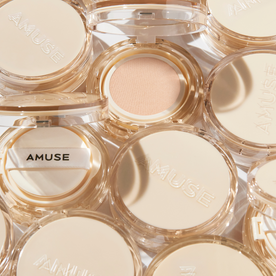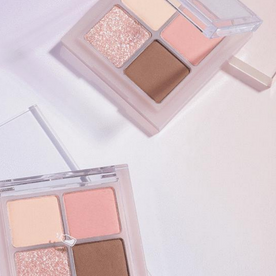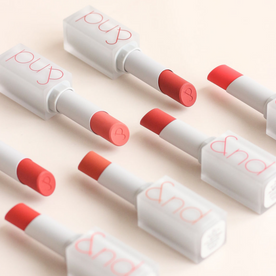DRY VS DEHYDRATED SKIN
The terms “dry” and “dehydrated” often get confused when we’re talking about our skin. While you can have both dry and dehydrated skin, the two are not the same. In fact, it’s possible to have oily, but dehydrated skin! Understanding whether your skin is dry or dehydrated can be key to treating your skin’s underlying condition, and bring you closer to the plump, smooth, bouncy skin of your dreams.
Dry Skin Lacks Oil, Dehydrated Skin Lacks Water
To put it in the simplest terms, dry skin is lacking in oil, and dehydrated skin is lacking in water. But let’s explore the difference between the two.
Dry skin tends to be a skin type. If your skin is always lacking in oil (you never have to blot and you never get shiny), you most likely have a dry skin type. Your skin doesn’t produce enough oil to protect, lubricate, and soften it. A harsh climate and dry indoor air can also cause dry, flaky skin, when your sebum production can’t keep up with your skin’s need for protection.
Dehydrated skin is a condition that all skin types can experience. In fact, many people are surprised to learn that you can have oily skin that is very dehydrated or lacking in water. This can be a result of a poor diet and overall dehydration, as well as over-exfoliation, harsh climate, the use of stripping cleansers, and other factors.
Treating Dry Skin
If you have dry, flaky, sensitive skin that looks dull and rough and hardly seems to produce any oil, you have dry skin. People with dry skin tend to have dry skin all over their body, not just the face. The best way to treat dry skin is to protect it with soothing lipids, essentially adding the oils back to your skin that it lacks.
Look for products that contain lipids like ceramides and cholesterol, which are naturally found in your skin’s protective barrier.
Dry skin really benefits from using a facial oil. If you’re new to using facial oils, don’t worry -- if you find the right facial oil, it won’t feel greasy or oily. Look for camellia oil, jojoba oil, squalane, rosehip oil, and other light-feeling oils that will soften and protect your skin. Nourishing creams also often contain plant oils - they are usually heavier in application but provide dry skin with an optimal moisture shield.
Treating Dehydrated Skin
Dehydrated skin can be trickier and less straightforward to identify than dehydrated skin. You may see dehydration wrinkles in areas where the skin pulls tight, and you may feel like your entire face feels tight and taut. Dehydrated skin also tends to be dull, heals more slowly, may be easily irritated, and may actually produce more oil in an effort to compensate for the lack of water.
The first step in treating dehydrated skin is removing causes of dehydration and irritation. Avoid using harsh cleansers that strip all the protective lipids from your skin (these lipids prevent trans-epidermal water loss, or TEWL). Use a gentle oil-based cleanser to remove makeup and look for gentle, low-pH (slightly acidic) foaming cleansers similar to your own skin composition (we suggest the Cosrx Low pH Good Morning cleanser). Identify makeup and skincare products that may be irritating your skin and damaging its natural defenses. Avoid products that contain drying alcohol and harsh acids that could potentially cause over-exfoliation.
Add water back into your skin by layering hydrating products from thinnest to thickest. Start with a watery essence, then a thicker hydrating toner, and then a hydrating ampoule or serum. Look for products that contain hyaluronic acid, a potent humectant that attracts water into the surface layers of the skin (we recommend the Anua Heartleaf 80% Moisture Soothing Ampoule). Use sheet masks regularly to restore your skin’s water content. Make sure you seal in all that hydration with a good cream or oil. Using a sleeping pack at night, like the SKIN1004 Madagascar Centella Hyalu-Cica Sleeping Pack, can prevent water loss at night, especially if you sleep in an air-conditioned room with dry air.
Whether you have dry or dehydrated skin, make sure you’re eating well, drinking enough water, and getting enough sleep. As your largest organ, your skin health can reflect your overall health, so be sure to take some extra time to take care of yourself.
















































